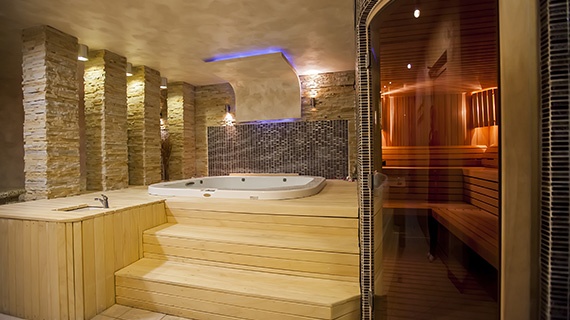The hospitality sector covers a broad category of services and industries within tourism; from hotels and restaurants to amusement parks and leisure centres. It is therefore no surprise that water consumption within the hospitality sector is very high.
Those in positions of authority within the sector have a responsibility to ensure that the water systems within their sites are safe; not only for their guests but also for their staff. Instances of sickness outbreak in establishments can be extremely costly and have the potential to permanently damage a business’s reputation.
Carrying out regular checks and maintenance of your water systems can prevent any unwanted issues. Water chlorination in particular is a highly effective and relatively inexpensive way of ensuring that your water system is safe.
Why is water chlorination important in hospitality?
Access to hot and cold water is essential to most establishments within the hospitality sector so water systems should be treated with care. As specified within the Approved Code of Practice L8, there are certain circumstances under which a site's water system should be subjected to water chlorination. In cases of new installations or refurbishment of hot and cold water systems, or where extensions or alterations have been made, water chlorination should be considered as a precautionary measurement. Within the hospitality sector areas of maintenance will likely be being carried out on a regular basis. Frequent checks and treatment should be in place to ensure the water quality is not compromised during any work.
There are a number of risk associated areas within different sectors of the hospitality industry when it comes to water contamination. Hotels, for instance, use large quantities of water catering for hundreds of guests in their kitchens, laundry rooms with washing machines in constant cycle and even facilities such as showers within individual guest rooms. Ensuring that the water tanks connected to these outlets are clean and well maintained is crucial.
Establishments offering spa facilities or similar facilities that use water such as swimming pools, hot tubs, whirlpools and spa pools should also have regular checks in place to prevent bacterial growth in systems where water is recirculated. Dormant water systems are also ideal candidates for bacterial growth. Seasonal restrictions mean that facilities such as swimming pools and hot tubs may be infrequently used during certain months of the year. If the water system has not been in regular use and the pipe work has not been flushed regularly there is a threat of dangerous bacteria growth. Water chlorination should be undertaken as a necessary measure to ensure these systems are safe for use again.






